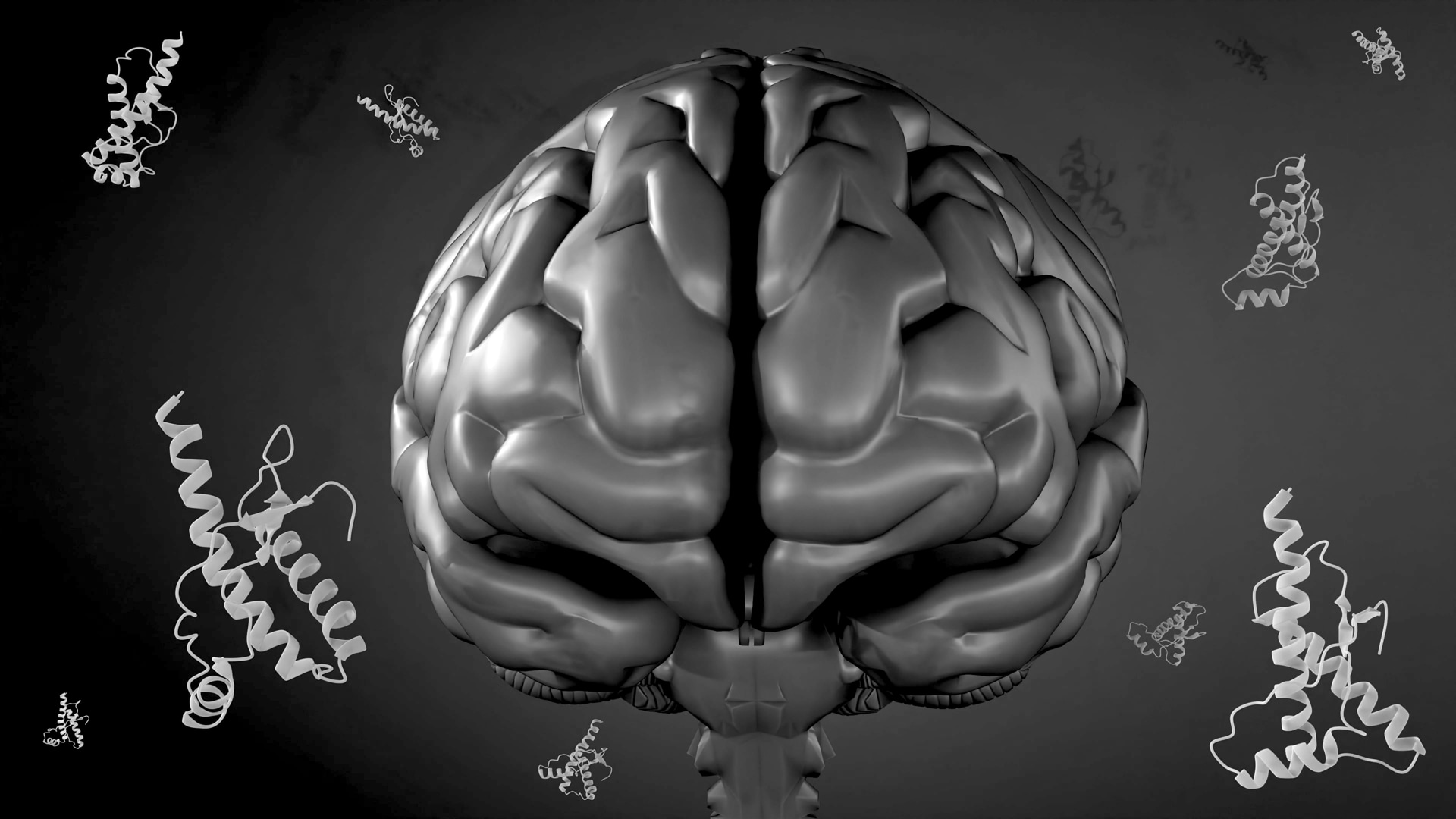A prion, as defined by the Oxford English Dictionary, is “a protein that can trigger normal proteins in the brain to fold abnormally.” This phenomenon leads to a condition known as prion disease.
Prion Disease.
I know, sounds something like a made up sci-fi ailment ravaging some distant space colony turning settlers to zombies. But this is no fiction. It’s real, and its quiet, insidious nature gnaws at the deepest crevices of my mind. It creeps into my thoughts at odd times, filling me with a strange sense of dread. How could something so microscopic, so utterly imperceptible, wreak such devastation? Yet that’s precisely the horror of it.
A prion isn’t alive. It isn’t a virus or a bacterium, no tiny organism waging war on the human body. No, this enemy is something more profound—a misshapen protein, a twisted mirror of something meant to keep us alive. And yet, in its distortion, it becomes death itself. It spreads without motive, without purpose, like a quiet storm unraveling the intricate web of our biology. A slow death, creeping not just through the body but through the very seat of our identity: the mind.
Imagine this—proteins folding inside you, silently misfiring like crooked puzzle pieces forced together, nudging others into the same fatal shape. And before you even know it, the process has begun. Days pass like any other. Weeks. Months. Sometimes years. Life continues. And all the while, something inside is coming undone, slowly unwinding like a clock ticking down to the final hour.
When it begins to show, it feels like a fracture in reality. Memory becomes mist, simple thoughts flicker and fade like dying embers. What once was solid now floats untethered. And this isn’t just confusion—it’s a slow descent into the dissolution of self. The world outside remains the same, but inside, the walls of your mind crumble as the prions quietly devour you from within. Your past? Gone. Your name? An echo. Your relationships, the things that define you, the stories you tell yourself every day to feel human—slipping away, like sand through your fingers.
As prion disease takes hold, the effects begin to worsen. Individuals may exhibit abnormal behaviors—changes in mood, memory loss, and coordination difficulties. It begins subtly: a single disordered act. Something one wouldn’t do otherwise. But soon, these minor lapses evolve into profound confusion and erratic actions. In later stages, victims may experience uncontrollable tremors, difficulty walking, and severe cognitive decline, leading to a complete loss of self.
I think that’s what terrifies me most—the erosion of identity. Not death, no. Death is the closing of a book. But prion disease is the slow disintegration of the pages, one by one, until the story no longer makes sense. Until there’s nothing left to read. You are there, yet not there. Present, but not the same. It’s not a swift enemy. No mercy. No escape.
It’s the kind of thing that preys on my thoughts in those still moments at night, that subtle, creeping realization that we are fragile. So fragile. We build our lives around the notion of control—control over our bodies, our minds, our future. But here, in the smallest and most unassuming of things, control is a lie. A protein gone rogue. A microscopic betrayal. What could be more terrifying than that?
It’s the stealth of it that unnerves me. Unlike viral infections, which need a host to replicate, prions can propagate simply by coming into contact with normal proteins. Just a single misstep—consuming contaminated meat, being exposed to infected surgical instruments, or having a genetic predisposition—can trigger this horrific transformation. It feels like a slow-moving specter, lurking in the shadows, patiently waiting for the opportune moment to strike. What if I unwittingly eat the wrong goat? The thought sends chills down my spine. It may be irrational, but this fear is still valid; the fragility of our existence is a haunting reality that can’t be easily dismissed.
Prion disease isn’t loud or dramatic. It’s quiet, like a shadow passing through a room. It doesn’t announce its presence with fever or pain; it simply waits. Waits until your mind begins to falter, and then it reveals its cruel handiwork. By the time you know it’s there, it’s already too late. The damage is done. Your body, perfectly healthy, but your brain—your essence—is being stripped bare. And there’s no reversing it, no treatment, no miracle cure. Only a dark, slow, inevitable descent.
This is where the dread grows deepest. I think about how it mirrors so much of what I fear. Not just the loss of control, but the loss of myself. The mind, after all, is where we live. And the thought that a tiny, invisible agent could dismantle that? Could slowly, piece by piece, turn us into something unrecognizable, even to ourselves? It feels like the ultimate betrayal. Nature, in all its vastness, has a cruel sense of irony. It gives us the gift of consciousness, of memory, of identity—and then, in some, it takes it away in the most horrific of ways.
Prion disease doesn’t just kill. It erases. The mind becomes riddled with holes, like Swiss cheese, a macabre landscape of decay. It’s almost poetic, in a way—nature folding in on itself, collapsing from within, like a black hole devouring its own light. The brain, once vibrant with thought, emotion, and memory, becomes something else entirely. A hollow place, a void.
And that, I think, is my greatest fear. Not just the prions themselves, these twisted proteins spiraling out of control, but the idea of being hollowed out. Of watching, helpless, as the structure of who I am collapses. To remain alive while the self is slowly undone—that is the terror that prion disease brings. A ghostly fading, a quiet vanishing act where the final trick is to make you disappear, even while your body remains.
A sci-fi ailment for sure, but no fiction could ever match the quiet horror of reality.

